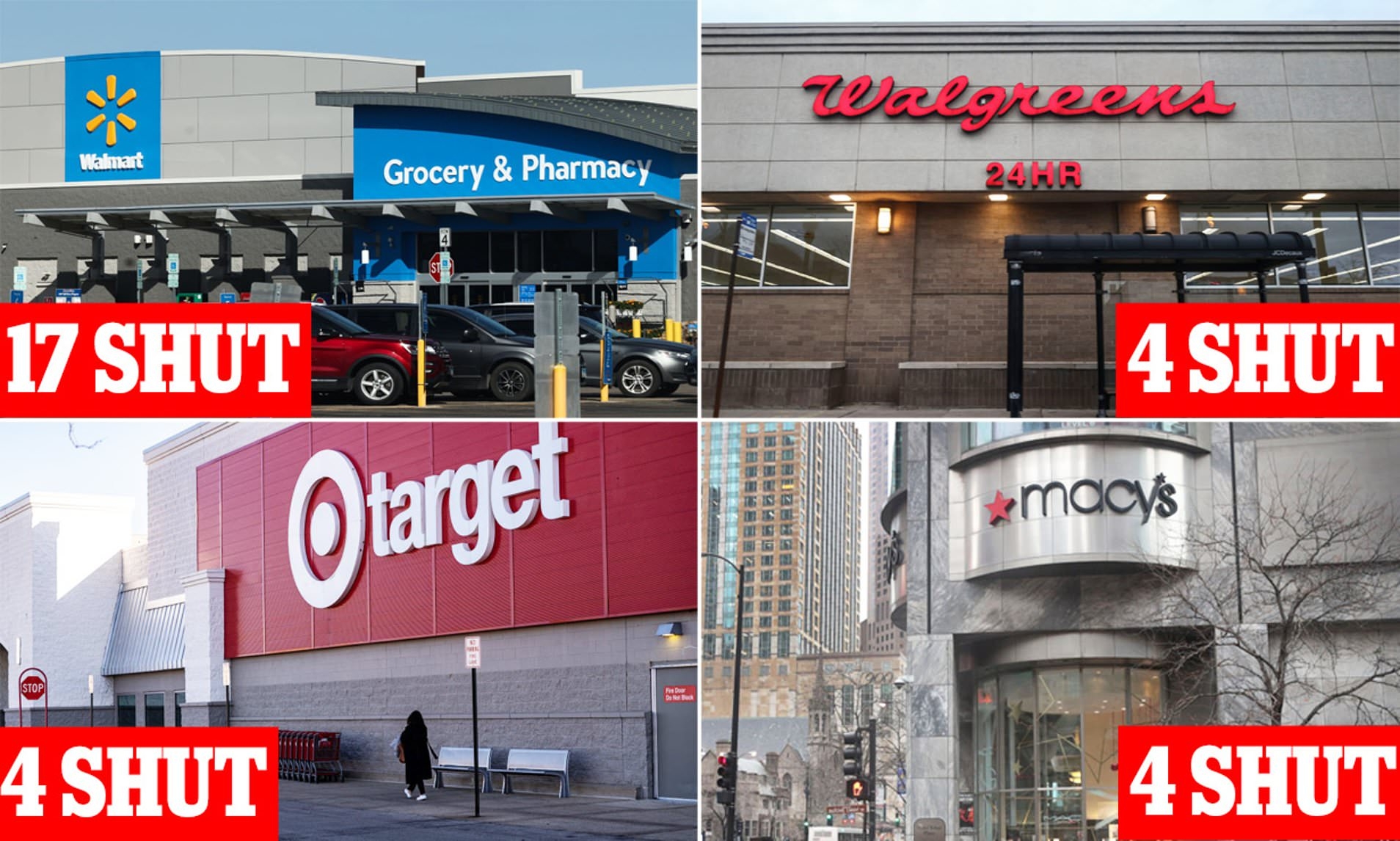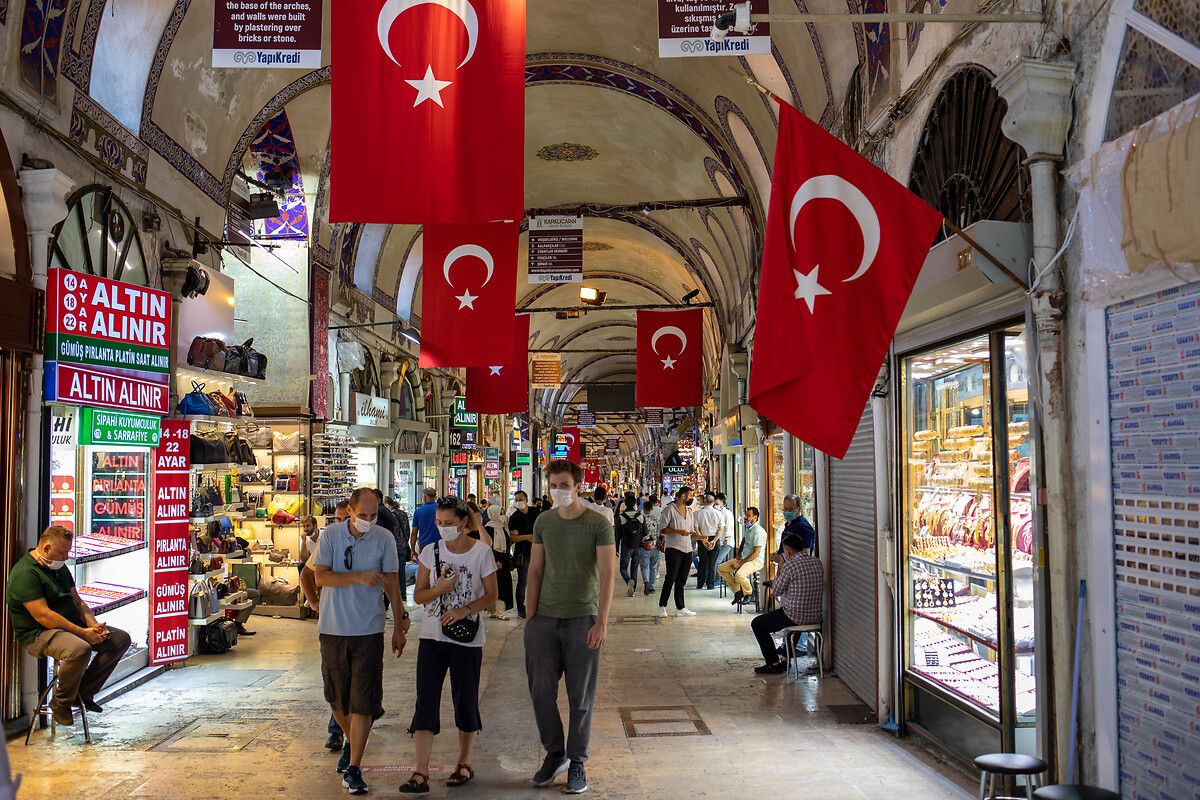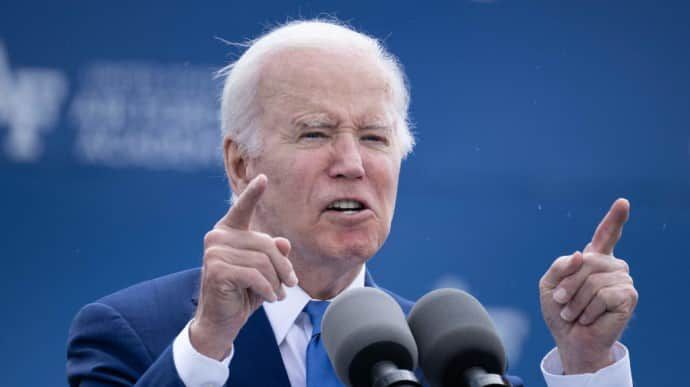In its latest earnings report, Target Corporation (TGT) announced that large-scale thefts are expected to reduce profits by a staggering $500 million this year. Coupled with a $700 million loss from shrinkage in 2022, the company is bracing for an accumulated loss of $1.2 billion due to rampant organized retail crime.
Brian Cornell, the CEO and Chairman of Target, voiced his concerns about the escalating crime rates, which are impacting various product categories nationwide. He pointed out the worrying rise in violent incidents in Target stores and the broader retail industry. According to Cornell, stolen merchandise not only hurts the customers who rely on these products but also puts a substantial financial burden on the company and undermines communities.
The National Retail Federation (NRF) has identified organized retail crime as a growing problem in recent years, with thieves capitalizing on the chance to acquire and resell goods at cheaper prices amid heightened inflation. The NRF found that thefts from retailers led to losses of $94.5 billion in 2021, up from $90.8 billion in 2020, with around a third of surveyed companies citing this type of crime as a major concern over the past half-decade.
The NRF’s recent report examined 132 crime groups involved in theft rings from 2014 to 2022, revealing that 16% of these groups resorted to violent methods, including smash-and-grab robberies, use of weapons, physical assault, mob tactics, and threats against store employees.

NRF’s CEO, Matthew Shay, stated that organized retail crime has been a persistent issue, endangering staff and customers while causing significant financial damage to retailers and their communities. He noted the increasing boldness and violence of these criminal groups, as well as their adoption of new avenues to offload stolen goods.
Given the severity of the situation, some retailers, such as Nordstrom (JWN) and Whole Foods, have withdrawn from high-crime cities, closing their prime locations due to concerns over employee safety. A local news outlet, the San Francisco Standard, reported that 20 famous stores in the city have shut down since 2010, including Office Depot.
While Target has not indicated plans to close stores in crime-prone areas, Cornell expressed a reluctance to do so, emphasizing the importance of these stores to their communities. Instead, Target is planning to enhance staff training and increase the number of ‘asset protection’ personnel in these stores. Like other large retailers, Target has also begun to secure high-risk items to deter theft.
Cornell acknowledged that the issue of organized retail crime is not limited to Target; it’s a systemic problem affecting the entire retail sector. Despite regional differences and variances between individual stores, the overall upward trend of theft continues year after year.
Target is determined to find solutions to safeguard its stores, staff, and customers. However, it faces the significant task of striking a balance between bolstering security measures and ensuring its customers have access to essential products.
©traders-news.online










